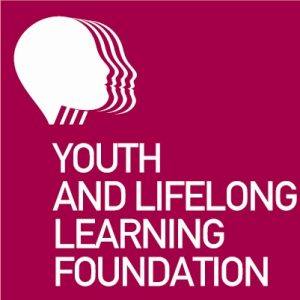The Institute of Research and Training on European Affairs-I.R.T.E.A., as a Leading Partner and in cooperation with 5 European Organizations, implemented the European Project “Hand in Hand for Youth Participation in Rural Areas” which was funded from the Erasmus+ Programme of the European Union.
The project concerned the mobility of 49 young people from 4 participating European countries (Greece, Sweden, Romania, Latvia) and focused on training young people with fewer opportunities to develop skills that can apply to their local community and participate as independent and active members within society. The Project was held in Chania in the Crete Island and the duration was 7 days, from Monday May 13th to Sunday 19th May 2019.
Young people who live in remote/rural areas have fewer opportunities and limited access to education, job opportunities and technological resources.
The Hand in Hand programme aimed to bring together 49 young people and provide them with skills, knowledge and motivation in order to participate in local youth organizations, as well as in international initiatives related to youth. Through this project, participants aged 18-30 had the opportunity to participate in interactive activities, workshops, trainings with skilled trainers and exchange ideas and opinions. All Project Activities were based on non-formal education.
Additionally, the participants were working and carrying out various tasks where they had to work together and present the final results. Through these tasks participants learned to work within a team and developed their critical thinking and creativity. They were also familiarized with concepts such as brainstorming or presenting an idea.
At the same time, the participants had the opportunity to get to know with each other and cooperate with young people with different backgrounds and cultures. This kind of interaction is contributing to the exchange of cultural elements, the elimination of prejudices, the development of respect and tolerance and enhanced their European identity.
The Project aimed to empower young people, in order to be more active as members in youth organizations and helped them overcome barriers that distract them from social participation and engagement in civil society. Furthermore, the project raised their awareness regarding youth synergies and funding opportunities. Last but not least, the project enhanced self-empowerment of young participants and inspired them to create their own youth organization in their rural area.


